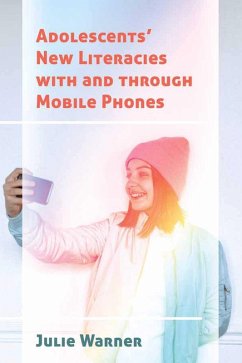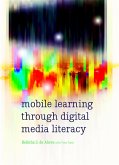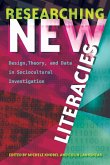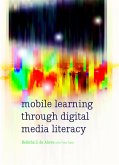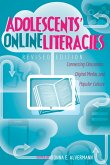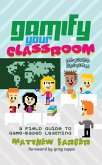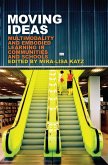This book provides a deeper understanding of the phone-based composing practices of youth and their implications for literacy learning. In the United States, smartphone use among teens is nearly universal, yet many youth who are avid digital composers still struggle with formal schooled literacy. The widespread and rapid embrace of smartphones by youth from all income levels has had a substantial impact on the way that young people approach the act of composing, yet to date, little to no work has explored digital photography and text curation through popular apps like Twitter and Instagram and their impact on literacy, including formal schooled literacy. As more schools are moving to Bring Your Own Device (BYOD) models and lifting classroom bans on cellphones, classroom teachers need information about the affordances of phones for formal literacy learning, which this book provides.
This book will also be of interest to those in courses in the fields of education, new literacies, cultural studies/youth culture, literacy studies, communication arts, and anthropology of education/social sciences. This book could be used in a course on online/Internet ethnography. It could also be used in a more general research methods course to illustrate the combination of online and offline data collection. Outside of research methods courses, it could be used in courses on literacies, digital literacies, youth culture, popular culture and media, or mobile learning.
This book will also be of interest to those in courses in the fields of education, new literacies, cultural studies/youth culture, literacy studies, communication arts, and anthropology of education/social sciences. This book could be used in a course on online/Internet ethnography. It could also be used in a more general research methods course to illustrate the combination of online and offline data collection. Outside of research methods courses, it could be used in courses on literacies, digital literacies, youth culture, popular culture and media, or mobile learning.
Dieser Download kann aus rechtlichen Gründen nur mit Rechnungsadresse in A, D ausgeliefert werden.
"Julie Warner's Adolescents' New Literacies with and through Mobile Phones is timely and important. It is timely because many young people's most pervasive literacy practices today seem trivial to many adults. It is important because these new practices can, in fact, lead to twenty-first-century skills and seriously compete, in depth and impact, with school-based literacy practices...Warner's book is crucial today." From the Foreword by James Paul Gee, Mary Lou Fulton Presidential Professor of Literacy Studies, Regents' Professor, Arizona State University

